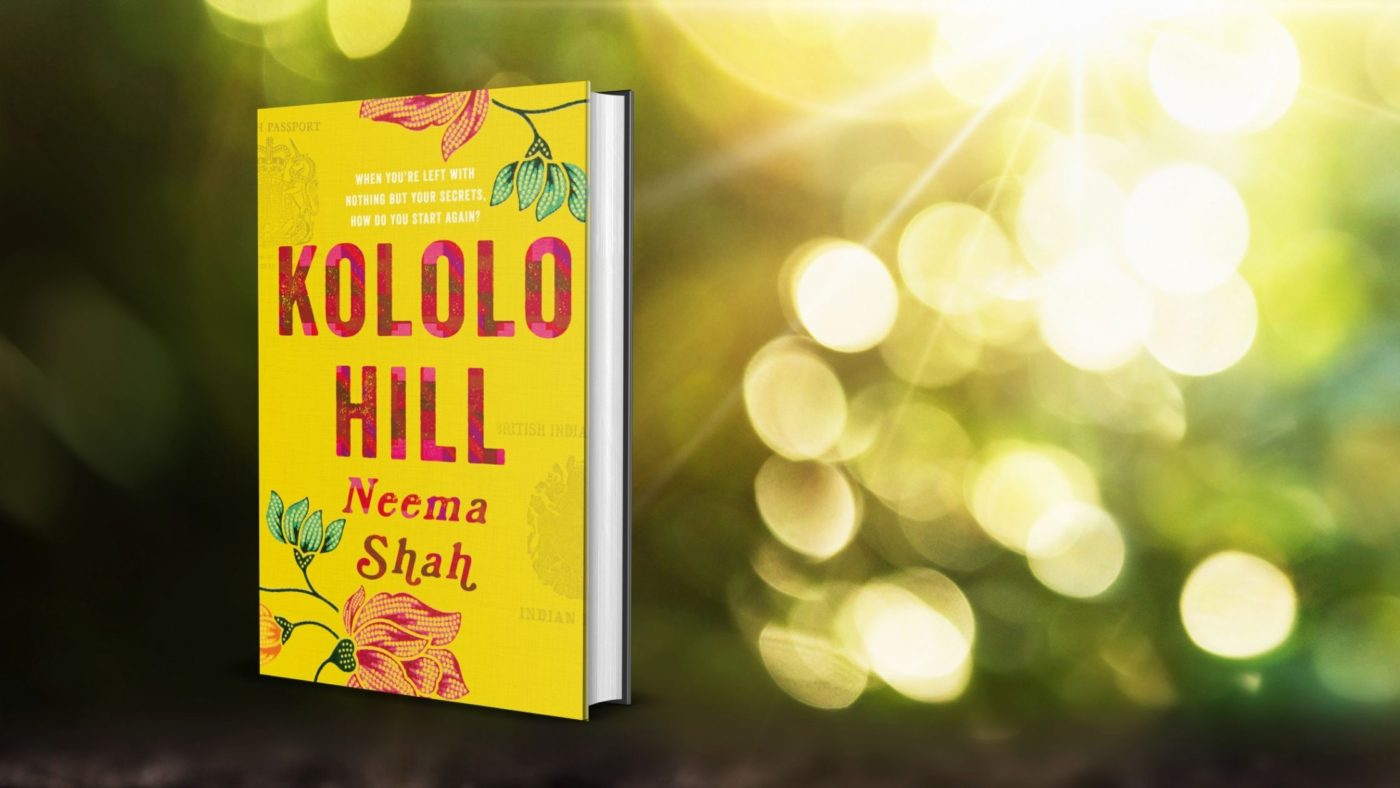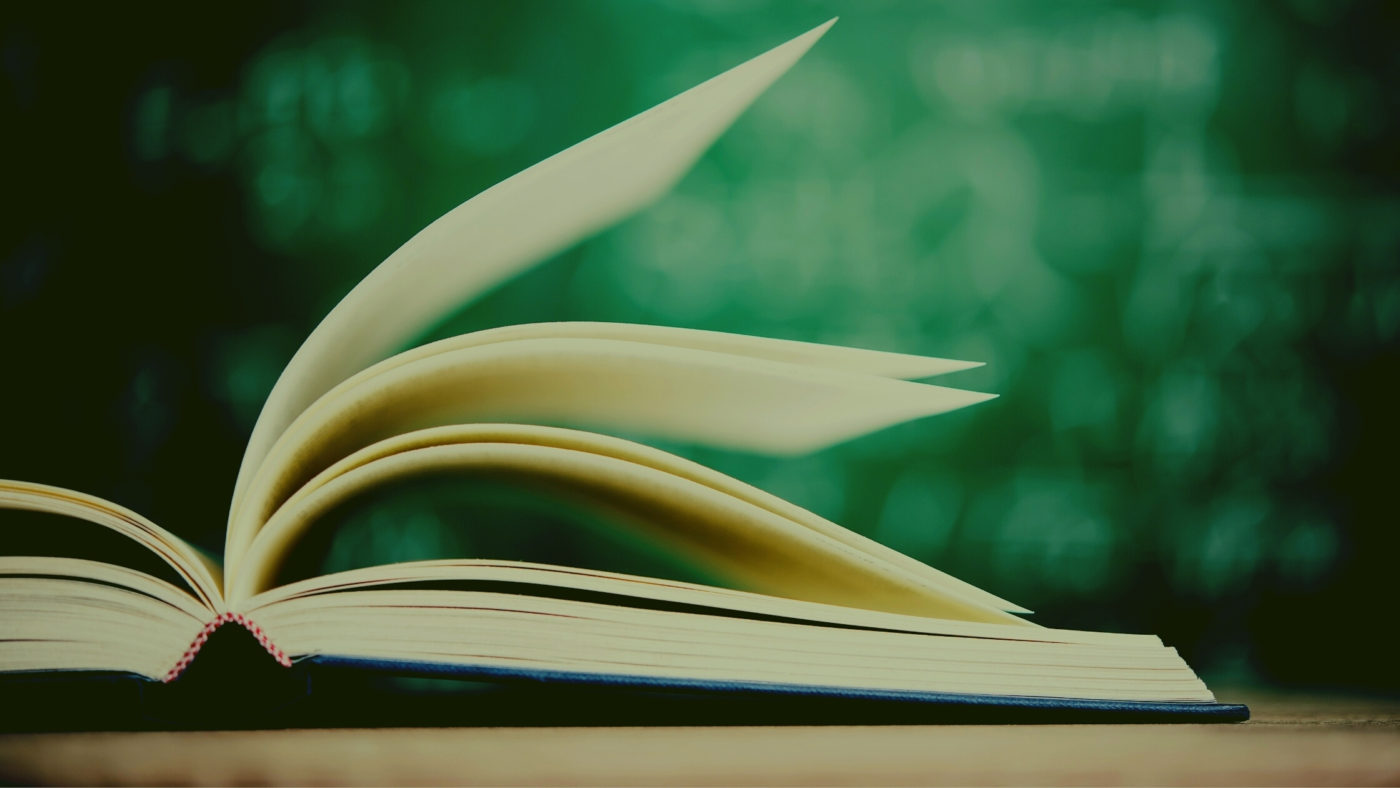I’m focusing on research again this week and many tips here should hopefully be helpful no matter your genre, whether you’re writing a contemporary crime novel or historical fiction.
Research with all five senses
Sometimes you might be able to go on a research trip or visit to the location you’re writing about and I write more about that later, but it might not always be possible. There are lots of things you can do instead though.
- Reading first-hand accounts such as online diaries and journals will give you a feel not only for location but also the food, music and other social history.
- You can visit your local museums, where they often have historical clothes, homeware and furniture on show which can give you an idea of the textures and colours of your setting. YouTube provides first-hand accounts and news archive band is also a goldmine of sounds – when I wanted to write about the sound of crickets back in cold and dark London, I found lots of videos solely with this sound!
- You might be able to get hold of recipe books from the period or location. While some ingredients might be difficult to get hold of, but you will at least have an approximation of the food your characters ate and cooked.
- Even if you can’t visit a particular location, Google Earth Street View lets you ‘walk’ around a place.
All these things will help your writing more than simply reading history books because you can experience them yourself and go beyond the visual into touch, taste, smell and sound. With access to decent libraries and lower cost options like museums and galleries, you can still develop a realistic historical setting without having visited the location. Anyway, if you’re writing a historical novel, it’s not as though you can go back to the Middle Ages, you have to recreate it one way or another – unless you have a time machine and if so, please can I borrow it sometime?
Use tech to your advantage
I had a ton of research for Kololo Hill, much of which never ended up in the novel! I’ve learnt to be much more selective about this now, as I talked about last week. However, I did have some apps and tools that helped me at least keep it all organised.
- Kindle books let you highlight parts of the text but more importantly, they also let you export a certain percentage of the book into a separate document. Before I found this out, I spent hours writing up my notes from printed research. I could have saved myself a lot of time if I’d known this…
- Evernote is handy for keeping track of ’scraps’ of research I find online but Pinterest, Scrivener and other apps can also be utilised in similar ways. The most important thing is to use something that lets you search your notes. Trust me, this is crucial when you’re drowning in research and need to quickly find out what colour robe Henry VIII wore to court in May 1546 (or insert obscure research fact of your choice).
- Online archives, particularly in the current Covid world, are a godsend. The British Library has a ton of stuff from all eras and some of the museums and galleries created virtual tours as a result of lockdown. Other options include the National Archives and many of the main newspapers have free online archives which will give a feel for the issues of the day.
Chat, chat, chat
Interviews with people who have experience of what you’re writing can give you information you’ll never find in official resources. My parents helped me with lots of interesting details about East Africa in the 1970s as well as fact checking for me.
Even if you can’t speak to people directly, you might find first-hand testimonies on YouTube (admittedly, this is unlikely if your novel is set in 1066). There was a wealth of online interviews from people who had experienced the Ugandan Asian expulsion first-hand, both in Gujarati (I’m fluent luckily) and English, as well as news archive footage from the BBC and others. I found vloggers who had upper limb disabilities and talked about their every-day lives helped me understand the experiences one of my own main characters faces.
However, I have one golden rule for first-hand testimony – always back it up with other types of resources. People forget or ‘misremember’, and one person’s experience doesn’t speak for everyone. For example, I have family members who have a disability, and this helped me to understand what life might be like for my character. However, I was careful to combine this background knowledge with specific research from other sources to ensure I understood the nuance properly.
Writing what you know, once you know it!
I knew very little about the expulsion or Uganda when I began researching Kololo Hill. I did use Google Earth a fair bit and it’s great to be able to ‘visit’ a place from the comfort of your own home. But some of the lines in my book wouldn’t have been possible without going to Uganda and spending a week there. That’s where I observed, as in the second line of my novel, that ‘in the late afternoon sun, the mosquitoes glowed gold, like embers from a fire.’
I know how fortunate I was to have the means and ability to travel. All that said, I was hesitant about going to Uganda to research a novel I wasn’t even sure would find an agent, let alone a publisher, so I waited until I at least had a solid first draft and a good idea of how I would submit it to agents in future. In fact, it was a strange experience visiting the country, because there were things about Uganda I felt I knew well even though it was my first trip – it was as though I’d visited Uganda before in a past life. This was, of course, the research coming to life before me. Although I’ve spent many holidays in Kenya and India over the years which helped me imagine them in my novel, I’d never been to Uganda until I wrote the book and it helped immensely to speak to Ugandan people. I came away from my trip with a full understanding of why the country is called ‘The Pearl of Africa’. It’s a stunning place and I could see what a wrench it must have been to leave it for the cold climes of the UK.
Now as promised, onto book recommendations. Here are two great novels that help bring my tips to life. And you can watch the video for even more!
When We Fallby Carolyn Kirby
This is a beautifully written book set in England and Poland during World War 2. When We Fall tells the tale of Secret Resistant agent Ewa, Polish RAF airman Stefan and pilot Vee and is based on the little-known atrocity, the Katyn Massacre. I’ve read and watched plenty on the war, but this novel shed new light on the era without sacrificing story or characterisation.
The Song of Peterloo by Carolyn O’Brien
The lyrical title of this wonderful novel hints at the wonderful writing to come. Set during the Peterloo Massacre in 19th Century Manchester, the author’s research vividly brings the setting and the history to life, yet the story remains moving and compelling throughout.
http://https://www.youtube.com/watch?v=YDH6wHHBEbM&ab_channel=NeemaShah
Next week, I’m going to talk about what it means to ‘read like a writer’ as well as the technique of ‘close reading’. And don’t worry, it’s all social-distancing friendly!
- Don’t forget to subscribe to this blog to make sure you’re the first in the know.
- I’ll be doing an exclusive first look video each week on YouTube so do check out my channel.
- I’d love to hear what you think of these tips so say hello here or follow me on Instagram, Facebook or Twitter.





